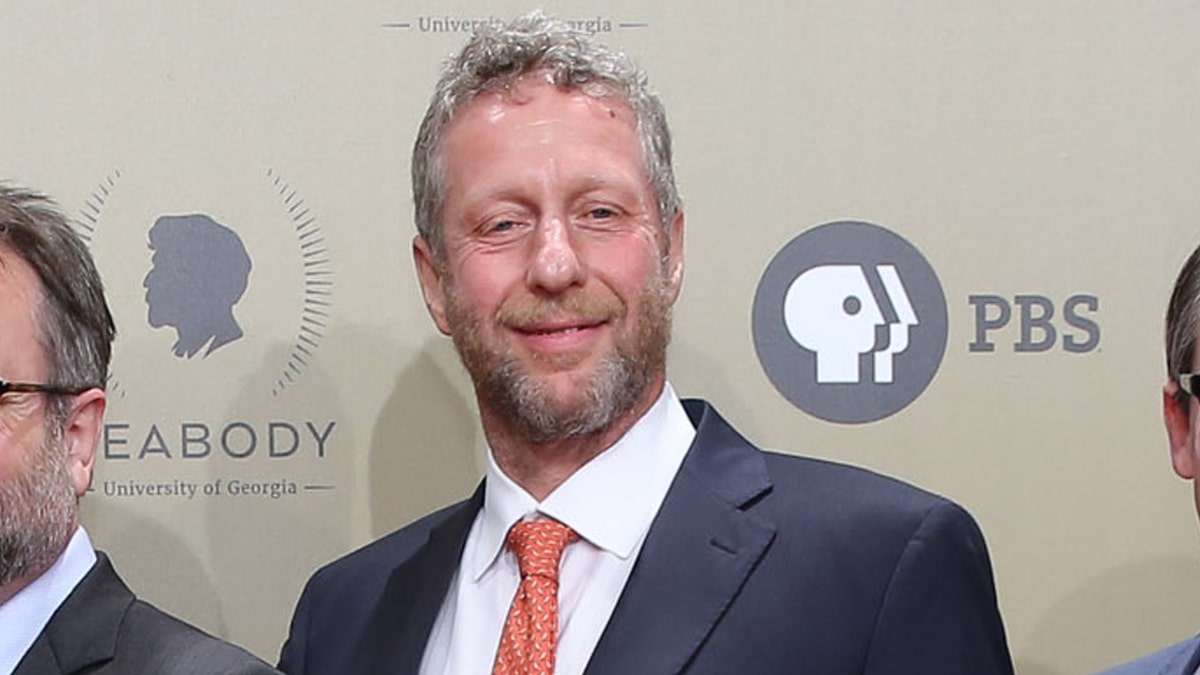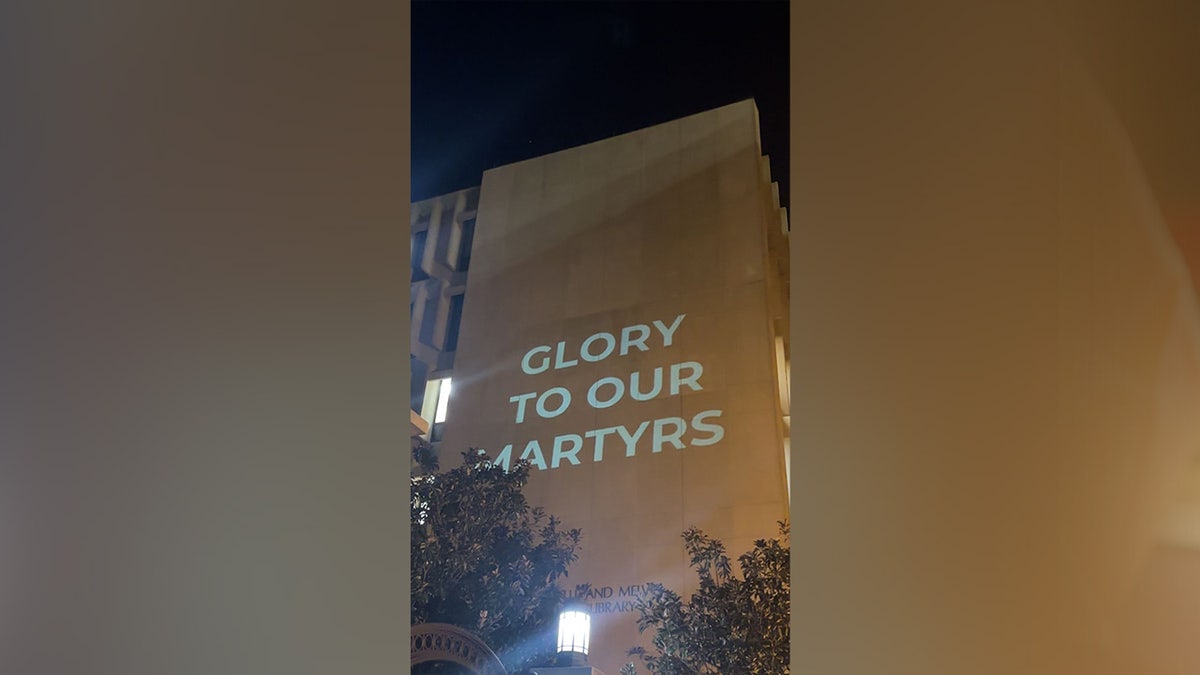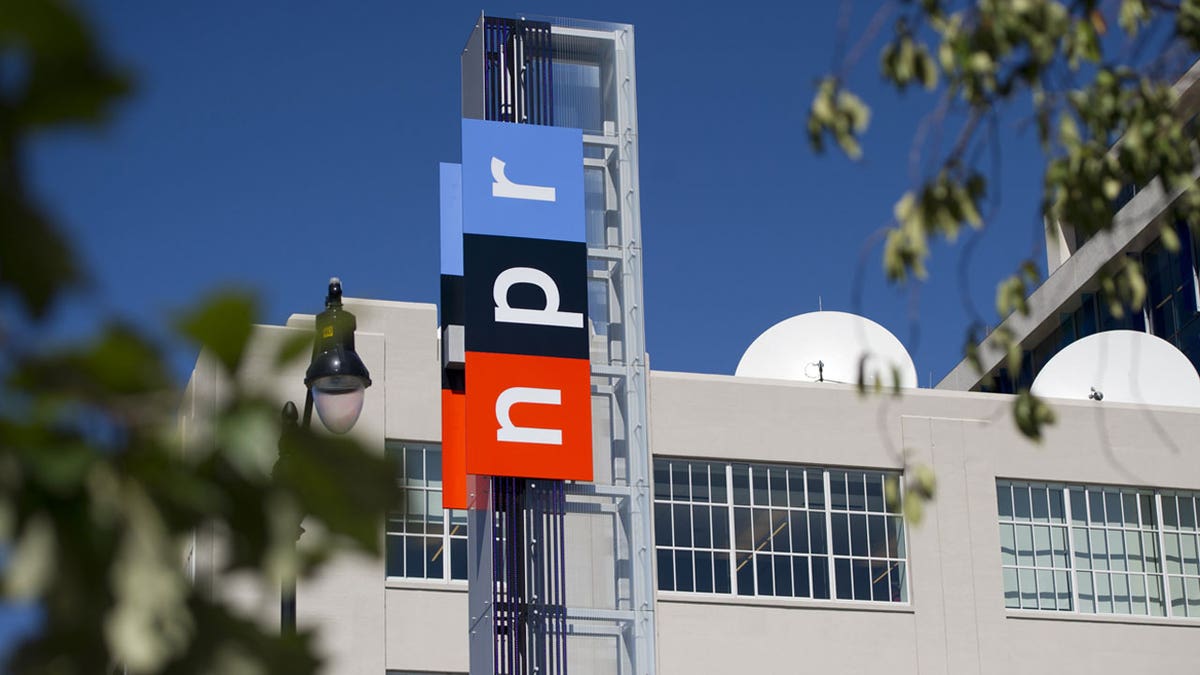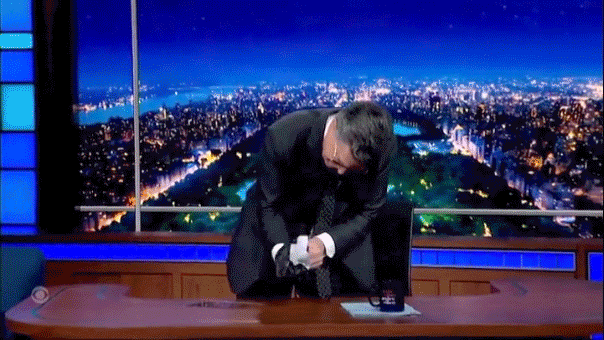Longtime NPR editor rips own employer over alleged political bias
Fox News' Howard Kurtz reacts to the media organization coming under fire for its liberal leanings in its coverage on 'Special Report.
Veteran NPR editor Uri Berliner called out his employer's "troubling" blackout in coverage of the growing antisemitism that took place in the U.S. and around the world following the Oct. 7 terrorist attack against Israel.
In his bombshell piece published in The Free Press, Berliner swiped NPR's framing of the Israel-Hamas war through an "'intersectional' lens" that ultimately slanted its reporting.
"We have approached the Israel-Hamas war and its spillover onto streets and campuses through the ‘intersectional’ lens that has jumped from the faculty lounge to newsrooms. Oppressor versus oppressed," Berliner wrote Tuesday. "That’s meant highlighting the suffering of Palestinians at almost every turn while downplaying the atrocities of October 7, overlooking how Hamas intentionally puts Palestinian civilians in peril, and giving little weight to the explosion of antisemitic hate around the world."
NPR EDITOR REBUKES OUTLET'S OWN COVERAGE OF HUNTER BIDEN LAPTOP, COVID LAB LEAK AND RUSSIAGATE

Veteran NPR editor Uri Berliner took aim at his own employer for "downplaying" the horrific Oct. 7 terrorist attack against Israel while routinely "highlighting" the plight of Palestinians during the ongoing war. (JP Yim/WireImage)
Berliner went into further detail about NPR's lack of attention to antisemitic incidents on the "Honestly" podcast.
"To me, this is probably the most troubling thing because you know, in the weeks immediately following October 7, we saw Jewish students being locked into a library where pro-Palestinian protesters were banging on the door. We saw ‘Glory be to the martyrs’ projected on a school building. We saw posters of kidnapped children and elders being ripped down, and we really didn't cover this sort of stunning outburst of antisemitism for a number of weeks," Berliner told host Bari Weiss. "And the first story of any significance that we did on antisemitism was a story about pro-cease-fire Jews getting a bunch of crap from their Zionist relatives. And that was like the first story we did about antisemitism of any significance. And to me, it was like, ‘What is going on here?’"
It appears Berliner was referring to a report published Oct. 28 titled "For some Jewish peace activists, demands for a cease-fire come at a personal cost."
"This is one of the things I brought up with our senior news executives. And I will say, you know, when I bring these things up, everyone is polite. They say, 'It's a good point. I understand your perspective.’ But I don't think things changed," Berliner added.
NPR EDITOR FOUND REGISTERED DEMOCRATS OUTNUMBERED REPUBLICANS 87 TO ZERO IN NEWSROOM

Berliner referred to pro-Palestinian students at George Washington University projecting the message "Glory to our martyrs" on the side of a library as an antisemitic incident that was overlooked by NPR. (@gingerjew04 via X)
The veteran NPR journalist also shed light on how his colleagues wanted to follow "guidance" from what he described as a "Middle Eastern journalism affinity group" about the language they should use in their reporting on the Israel-Hamas war, something he called "really troubling."
"I do remember on October 10, this was three days after the attack when Israel has not responded, this was in our union chat group," Berliner said. "We had one journalist saying, let's use this guidance from this Middle Eastern journalism affinity group about the language we use describing this war that's about to start. And I said no. We should not get our guidance from journalism advocacy groups. I don't think we should get our guidance from the ADL, no. We need to make our own decisions about how we cover this. I got a lot of pushback, people say, 'No, this isn't political. This is just using the precise language,' but it was a very tense exchange."
NPR editor-in-chief Edith Chapin sent a memo to staff saying she and her leadership team colleagues "strongly disagree" with Berliner's essay and are "proud to stand behind the exceptional work" by their journalists. NPR didn't respond to a request for comment.
NPR HIT WITH MASSIVE LAYOFFS, CANCELS 4 PODCASTS

NPR is facing intense scrutiny following Berliner's stunning essay calling out the left-wing ideological takeover of the news organization. (SAUL LOEB/AFP via Getty Images)
CLICK HERE TO GET THE FOX NEWS APP
Berliner's explosive essay took his own employer to task over the ideological takeover that had taken place at the legacy news organization.
In addition to the outlet's handling of its Israel-Hamas coverage, the 25-year NPR veteran called out its botched coverage of the Russian collusion probe, the avoidance of the Hunter Biden laptop story and dismissing the COVID lab-leak theory.









































